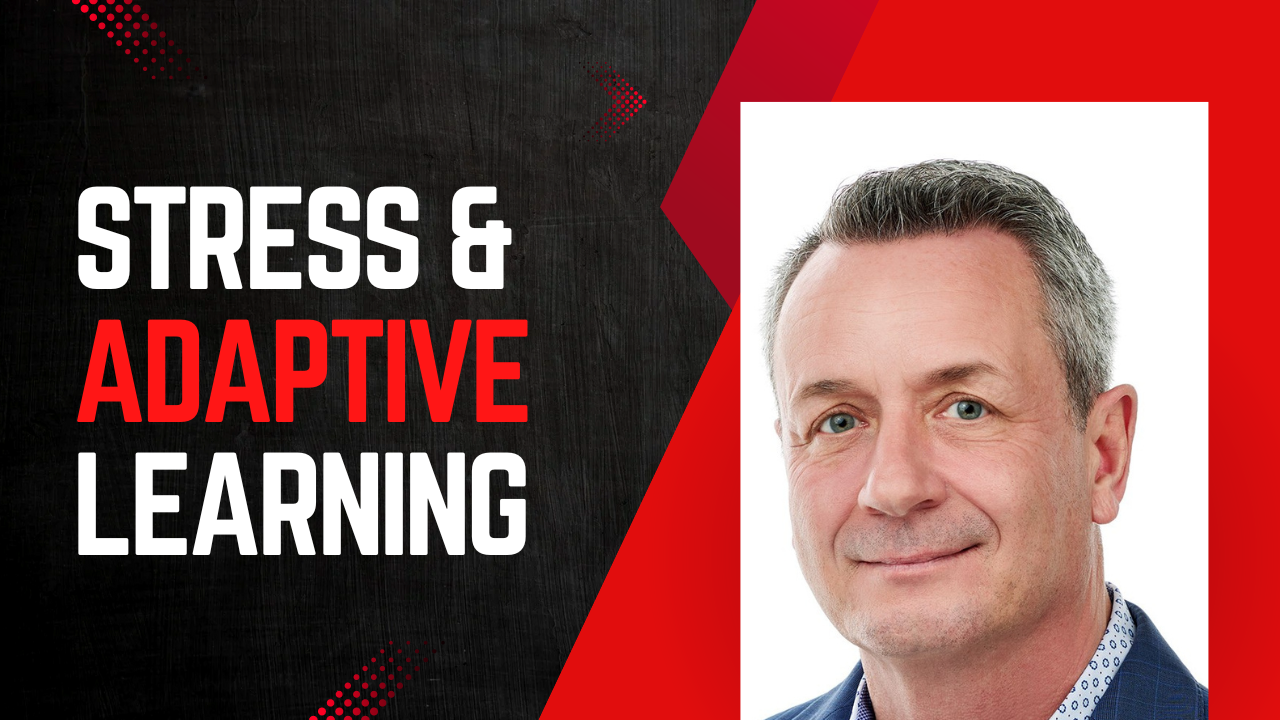|
Helping Companies Rethink, Recover & Refocus on the Future
Call John Grubbs (903) 295-7400
Positive stress promotes growth in life. Too many executives are fearful or ignorant about the benefits of creating stress as a path toward higher performance. In today’s fast-paced and complex work environments, achieving high performance from teams and team members is paramount. Senior leaders are crucial in shaping the environment and dynamics that foster this performance. Two powerful concepts are social learning and adaptive stress. When effectively integrated, these strategies can drive exceptional outcomes, fostering a culture of continuous improvement, resilience, and collaboration.
Understanding Social Learning
Social learning is observing others, imitating behaviors, and modeling successful actions. This concept is rooted in Bandura’s Social Learning Theory, which emphasizes the importance of observing, modeling, and imitating the behaviors, attitudes, and emotional reactions of others. For senior leaders, understanding and leveraging social learning can be transformative.
Key Components of Social Learning:
- Observation: Team members learn by watching the behaviors and outcomes of others.
- Imitation: Teach others to replicate behaviors that are perceived to be successful or rewarded.
- Modeling: Leaders and experienced team members demonstrate desired behaviors and skills.
Implementing Social Learning in Teams
To effectively implement social learning, senior leaders can take the following steps:
- Cultivate a Learning Environment:
- Encourage Knowledge Sharing: Create platforms and opportunities for team members to share knowledge, experiences, and insights. This sharing can be through regular team meetings, workshops, or digital collaboration tools.
- Promote Open Communication: Foster an environment where team members feel comfortable discussing successes and failures. Open communication channels facilitate observational learning.
- Role Modeling:
- Lead by Example: Senior leaders should exemplify the behaviors and attitudes they wish to see in their teams. This action includes demonstrating resilience, adaptability, and a commitment to continuous learning.
- Highlight Role Models: Identify and promote team members who exhibit high performance and desirable behaviors. Publicly recognizing these individuals encourages others to emulate their actions.
- Mentorship and Coaching:
- Establish Mentorship Programs: Pair less experienced team members with seasoned mentors. This experience allows for direct observation and guided practice.
- Provide Continuous Feedback: Regular feedback helps team members understand what they are doing well and where to improve, reinforcing positive behaviors.
Understanding Adaptive Stress
Adaptive stress, or eustress, is a positive form of stress that can motivate individuals to perform at their best. Unlike chronic or harmful stress, adaptive stress is short-term and perceived within an individual’s coping abilities. It often leads to...

